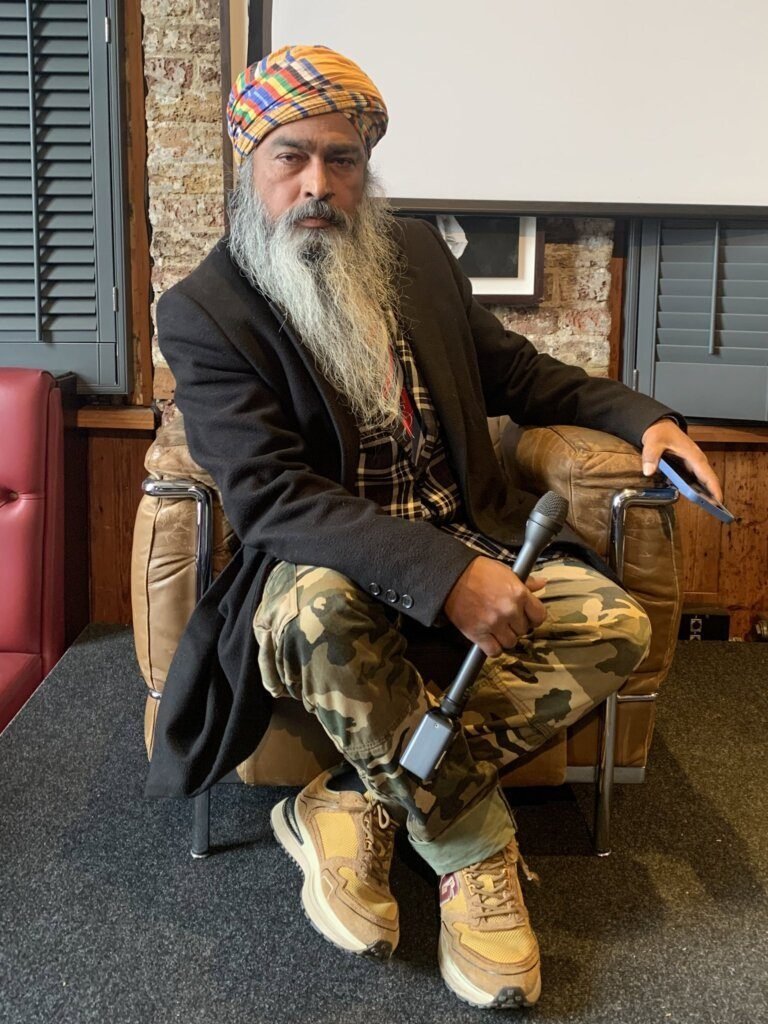
Bitcoin supports a two-trillion-dollar cryptocurrency market, is exchanged by the world’s largest investment firms, and is even an official currency in one country.
Despite its spectacular rise, a major mystery remains at its core: who is its enigmatic founder, Satoshi Nakamoto? Many have attempted to answer that question, but all have failed. In October, a high-profile HBO documentary claimed that Peter Todd, a Canadian bitcoin specialist, was he. The only problem was that he said he wasn’t, and the crypto community mostly ignored it. So, naturally, ears perked up across our newsroom – and the crypto industry as a whole – when word spread on Thursday that the mysterious founder of Bitcoin would finally reveal himself at a press conference.
Satoshi Nakamoto is a person of great interest, in part because he is regarded as a revolutionary coder who helped to pioneer the cryptocurrency sector. Their voice, beliefs, and worldview would have a significant impact on an industry with such a dedicated and fanatical fanbase. However, Satoshi’s curiosity arises from the fact that, as the proprietor of more than one million bitcoins, he would be a multibillionaire, not least because the price of the coins is currently approaching an all-time high. Given his immense riches, the organiser of Thursday’s press conference asked me to pay for my place at his spectacular reveal, which seemed strange.
A front row seat would cost £100. It was an additional £50 if I wanted limitless questions. Organiser Charles Anderson even persuaded me to spend £500 in exchange for the opportunity to interview “Satoshi” on stage. I declined. Mr Anderson said I could come any way, but with the degree of anticipation, there might not be a seat for me. Fortunately, sitting was not an issue.
Only around a dozen reporters showed up at the elite Frontline Club, which paused proceedings at one point to emphasize that it only supplied a room and not an official endorsement. It quickly became evident that all of the attendees were quite skeptical. After considerable investigation, it was discovered that both the organizer and the supposed Satoshi were now immersed in a complex court battle over fraud allegations related to claims to be Satoshi. It wasn’t a good start, and things only went worse from there. Mr. Anderson invited “Satoshi” to appear on stage.
A man named Stephen Mollah, who had been sitting silently on the side the entire time, went forward and confidently declared: “I am here to make a statement that yes: I am Satoshi Nakamoto, and I created Bitcoin using Blockchain technology.” Over the next hour, reporters were increasingly angry as he failed to produce any of the promised evidence to back up his assertions. Mr Mollah offered to make the Hail Mary maneuver of unlocking and engaging with the first Bitcoins ever produced, which only Satoshi could do. But he did not. I left with other perplexed reporters, carrying any remaining worries that this would prove to be yet another dead end in the attempt to identify Satoshi.
Not Again
There is a lengthy list of people who have been mistakenly recognized as Satoshi Nakamoto. According to a well-known Newsweek piece from 2014, it was California-based Japanese-American Dorian Nakamoto. However, he denied it, and the assertion has been refuted in significant part. Reporters exposed Australian computer scientist Craig Wright as Satoshi a year later. He first disputed it, then said it was true, but he was unable to provide any proof for years. The London High Court declared in the spring that Mr. Wright was not the inventor.
After a former employee at one of his companies, SpaceX, suggested the coin, tech tycoon and cryptocurrency enthusiast Elon Musk claimed he was the driving force behind it. Which begs the question: is it really that important? According to its present assessment, the cryptocurrency market is worth more than Google. Furthermore, it seems unthinkable that the digital giant would have such a significant impact on our lives without anyone being aware of its founders or who owned a sizable portion of the company. However, the actual Satoshi might have a valid motive for keeping schtum. If they were discovered, their life and character would undoubtedly be closely examined, and their estimated net worth would be $69 billion due to their bitcoin stash.
Peter Todd, who was identified as Satoshi in the HBO documentary, has expressed concern for his safety as a result of the unwanted attention. Many in the cryptocurrency community love the fact that the question remains unanswered. “No-one knows who Satoshi is, and that’s a good thing,” Adam Back, one of its main engineers (and another putative Satoshi contender), recently wrote on X. Natalie Brunell, a Bitcoin podcaster, believes Satoshi’s anonymity is not only intentional, but necessary. “By concealing his true identity, Satoshi ensured that Bitcoin wouldn’t have a leader or central figure, whose personal agenda could influence the protocol,” I was told.
“This allows people to trust Bitcoin as a system, rather than placing their trust in an individual or company.” Carol Alexander, a finance professor at Sussex University who teaches about the history of Bitcoin, is less certain. According to her, the circus around Satoshi Nakamoto diverts attention away from the more serious subject of how cryptocurrencies may disrupt the way the economy operates. As I left the Frontline Club, it was difficult to comprehend the odd press event beyond one apparent fact. The search for Satoshi continues for the time being, and possibly indefinitely.



